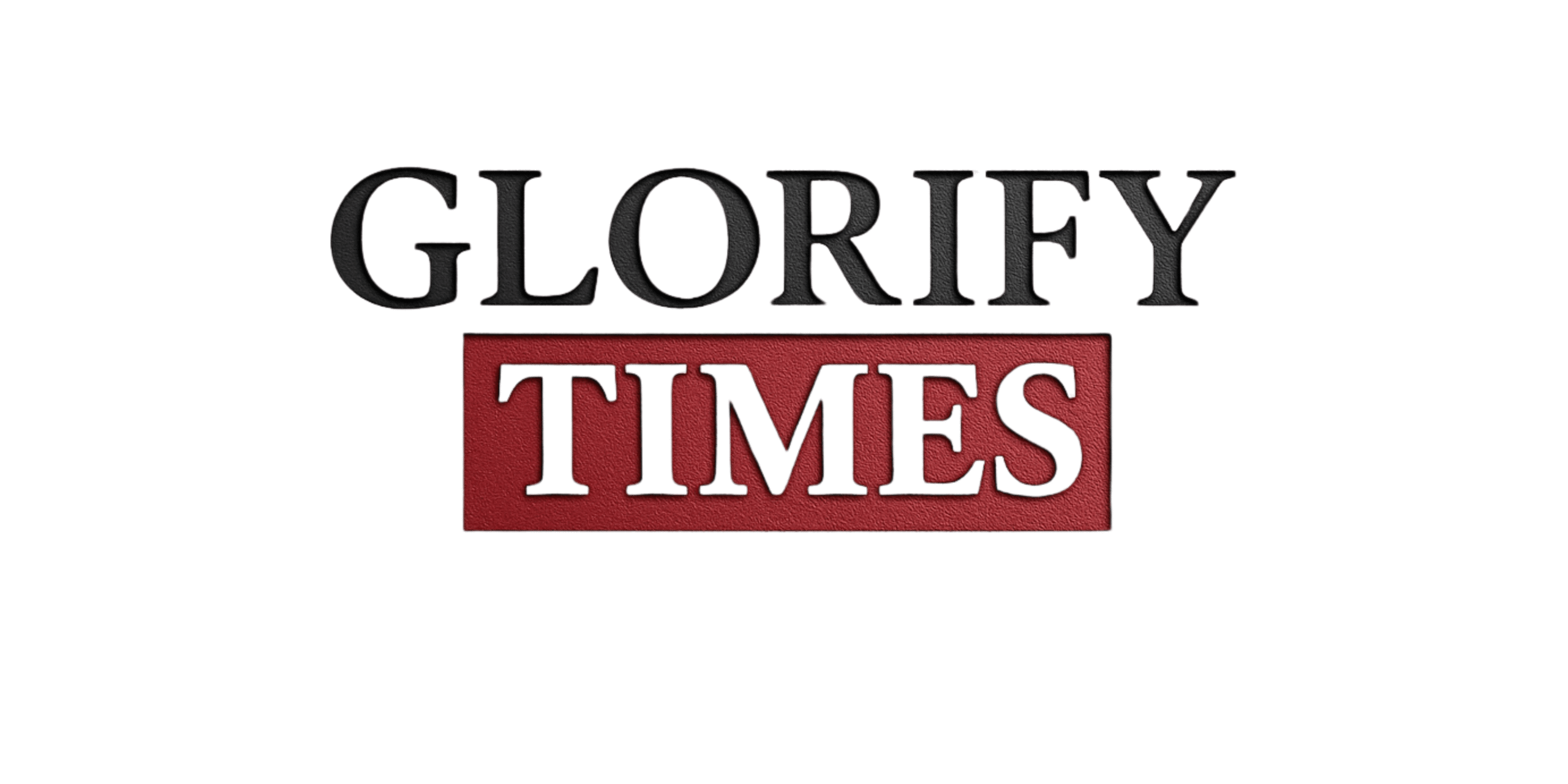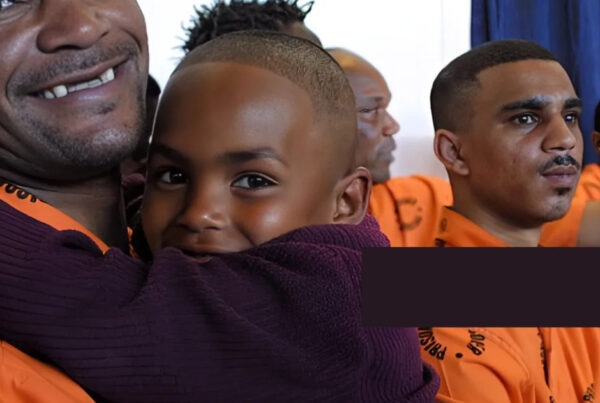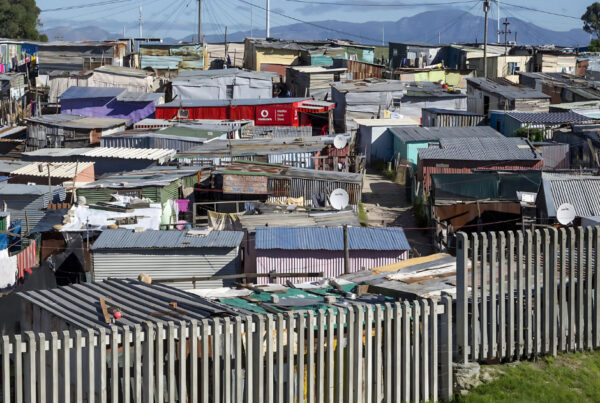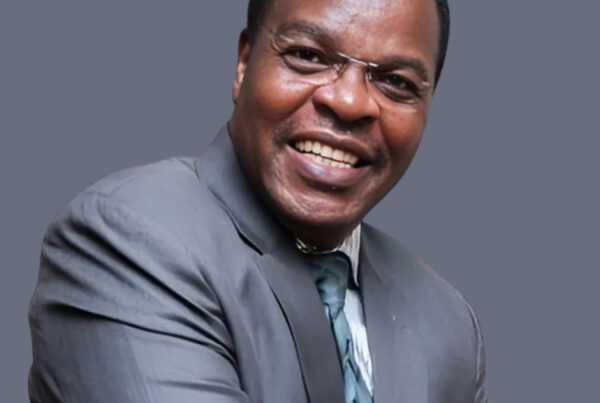At exactly midnight. West African Time, a trumpet sounds across millions of smartphone screens. The face of a man, solemn and expectant, appears from behind a digital pulpit, flanked only by a worship banner and a virtual chat box bursting with emojis of flames and prayer hands.
This is not just another Instagram Live. It’s the Hallelujah Challenge, and the man in view — Nathaniel Bassey, worship leader, pastor, and unlikely online revivalist — is perhaps one of the most influential spiritual voices in Africa today.
For over seven years, the Challenge — a month-long, midnight praise and intercession stream — has transformed from a spontaneous devotional moment into a full-scale global movement. At its peak, the 2023 edition drew over 4 million participants across platforms and continents. The most recent 2025 version, themed “He Reigns,” included 31 nights of worship and focused prayer for the persecuted Church, particularly in Nigeria, Sudan, and the Middle East.
“We are not gathered just to sing,” Bassey said on night ten of the Challenge, his trumpet resting on his lap. “We are building altars. We are sounding the alarm in the spirit.”
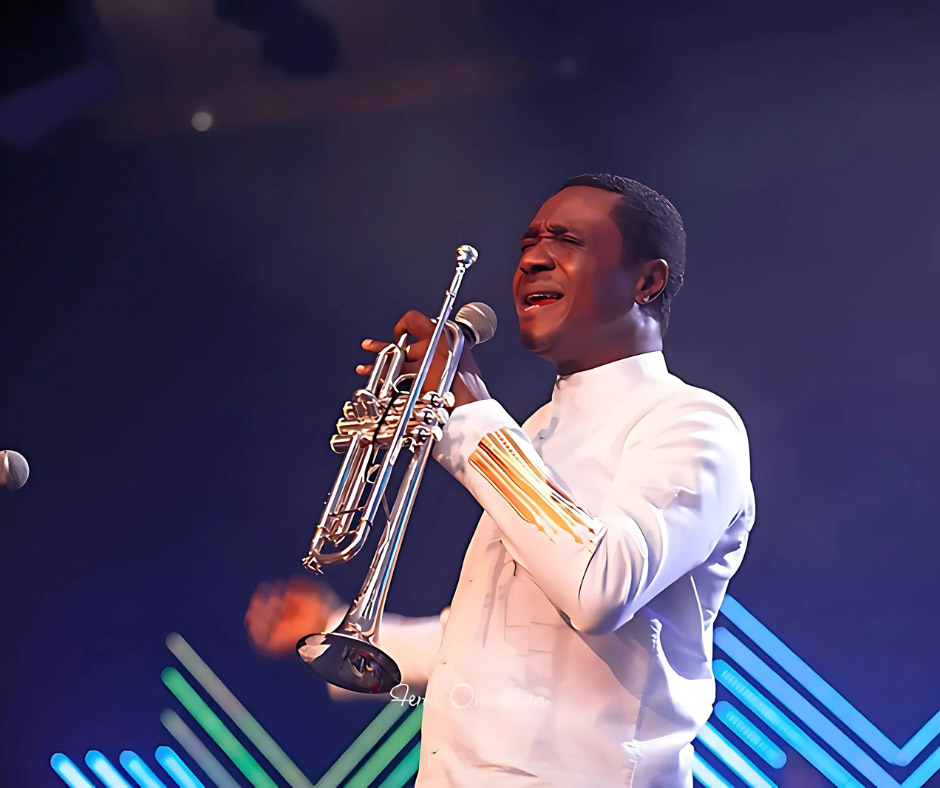
Born in Lagos and trained as a trumpeter, Nathaniel Bassey first entered public consciousness through his jazz-inflected gospel albums and collaborative concerts in the early 2000s. But it wasn’t until he released “Imela” and later “Olowogbogboro” — a live track recorded during the early days of the Hallelujah Challenge — that his music became inseparable from a broader prayer movement.
His songs, drenched in scriptural allusion and spiritual hunger, defy genre categories. “He’s not just a gospel artist,” says Dr. Mary Owolabi, a theologian at the University of Ibadan. “He is shaping what we now call liturgical activism — turning worship into a witness.”
Indeed, Bassey’s trumpet has sounded in refugee camps, international crusades, and policy conferences alike. He’s been invited to open global forums with prayer. But it’s through the Hallelujah Challenge that his influence crystallised.
“I don’t think anyone expected a digital midnight prayer to become the most unifying spiritual space in Africa,” said Kehinde Ajayi, a media analyst. “But Bassey tapped into something profound — the hunger for sacred community in an unstable world.”
Since 2020, Bassey has become more vocal on social and justice issues. In 2022, he raised funds for victims of religious violence in Plateau State. During the #EndSARS protests, he led online vigils and cautioned believers not to abandon spiritual authority in moments of civic despair.
Most recently, he turned the 2025 Hallelujah Challenge into a digital prayer chain for persecuted believers in Nigeria’s northern states and across the Sahel. With input from groups like Open Doors and Christian Solidarity International, each night included testimonies, names, and stories of those facing imprisonment or death for their faith.
“This is not about fear. It’s about fire,” Bassey said in a broadcast viewed by over 1.3 million people. “We will not watch our brothers bleed in silence.”
His advocacy has reached mainstream media, with interviews featured on Channels TV, BBC Africa, and Al Jazeera English. Still, Bassey refuses the title of activist. “I am a minister. My job is to intercede, and in doing so, expose darkness and birth light.”
What sets Bassey’s ministry apart isn’t just its reach — it’s its depth. Each livestream begins with extended worship, then flows into prayer themes backed by Scripture, often in multiple languages. The chat box becomes a liturgical chorus: “Amen,” “He reigns,” “We agree.”
Participants range from college students in Johannesburg to home groups in Nairobi and night-shift nurses in Manchester. The Challenge has even been translated into French, Portuguese, and Arabic.
“It’s the most Pentecostal thing I’ve seen happen online,” said Rev. Tumi Nkosi, a South African pastor who co-led several nights. “And it’s African, unashamedly. We’re not importing revival — we’re birthing it.”
Dozens of local churches now host their midnight Challenges, using Bassey’s model. Worship albums compiled from past sessions have gone platinum in Nigeria. But more crucially, testimonies continue to pour in — of healings, reconciliations, renewed callings.
This year, Bassey announced the launch of The Intercessors Network — a global training programme for young believers in worship, prophetic intercession, and justice advocacy. “We need more Davids with harps and slings,” he said. “More Esthers with altars and courage.”
Still, he insists the movement isn’t about him. “I am just a trumpet,” he often says. “It’s the breath of God that matters.”

